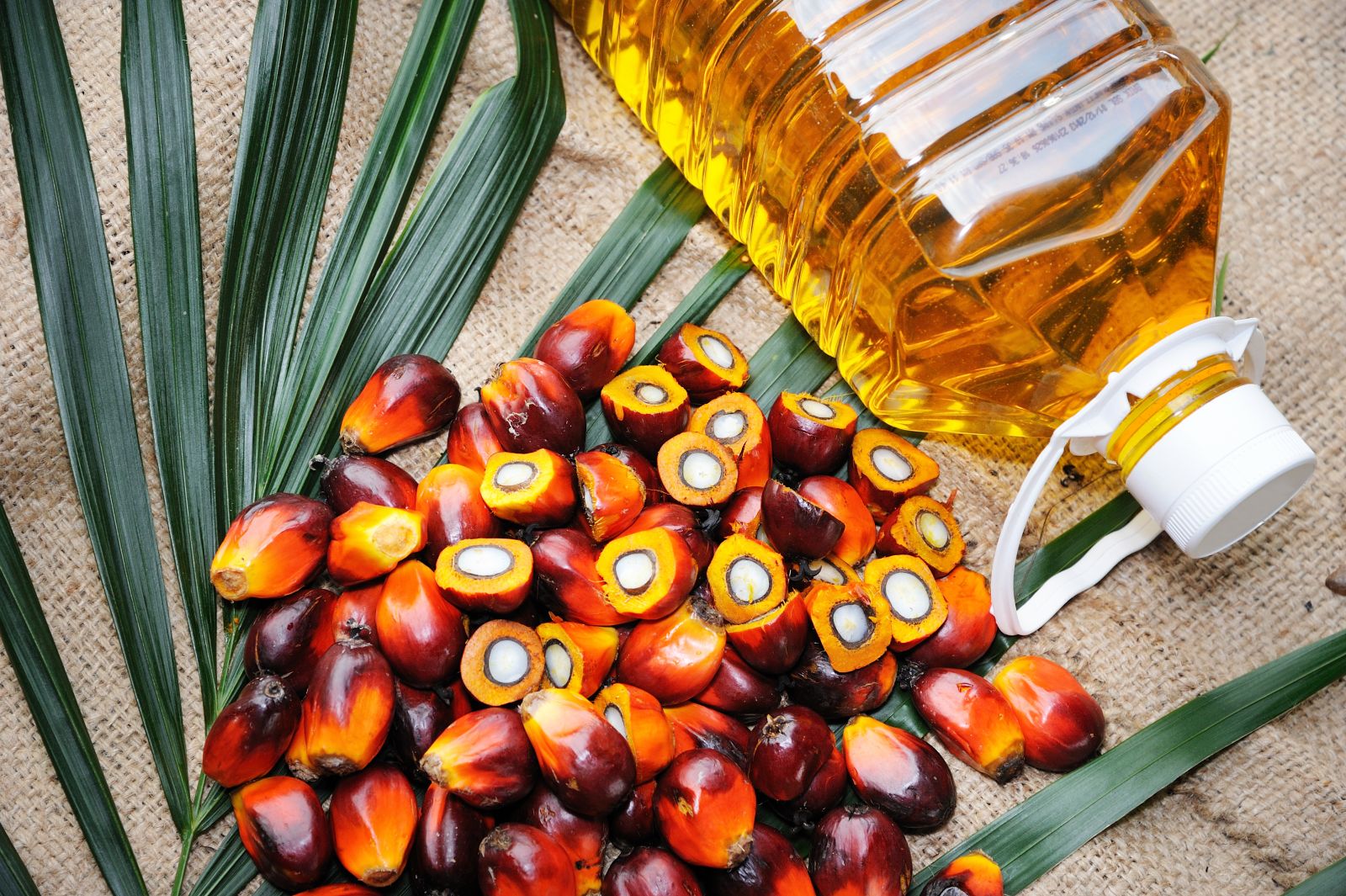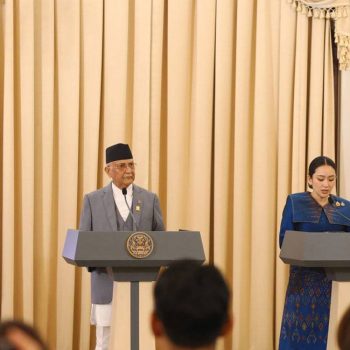Export trade of Nepal dependent on India’s mood, palm oil exports arbitrary

KATHMANDU: Nepalese foreign trade is heavily dependent on its southern neighbor India. However, taking advantage of this dependence, India repeatedly takes advantage of Nepal under these circumstances. In particular, India is repeatedly obstructing exports from Nepal under various pretexts.
In recent times, this tendency of India has made a negative impact on exports of palm oil from Nepal. India imposes restrictions on the export of palm oil from Nepal and reopens them at its will. India has reopened palm oil exports for only six months since the restrictions were loosened after last Friday. India has reopened palm oil exports after the government of Nepal took the initiative with India.
India had stopped the exports of palm oil from Nepal on 8th of December saying that there has been a sudden increase in the export of palm oil, claiming that it is not produced in Nepal. Even if the export has been opened for 6 months, it is unknown what will happen after these months.
Palm seeds are being imported to Nepal from countries like Malaysia, Canada and Argentina. These palm seeds imported from abroad are processed in Nepal and exported to India. As customs duty in India is high, palm is processed in Nepal and exported to India.
There is no customs duty applied when palm is exported from Nepal to India. The price of palm oil exported from Nepal is also cheaper, as the customs duty is less when palm seeds are imported to Nepal from outside and no customs duty is levied when exporting to India.
Moti Lal Dugar, Special Economic Advisor of the Prime Minister of Nepal, said that India has opened the door for six months now only because of the initiative Nepal took with India.
He said, “The government is taking initiative with India for continuous export of palm oil. Even now, export of palm oil has been reopened due to the initiative of the Nepali government.”
He argued that it is natural for imports of various commodities in the world market to open and close. Dugar said that the government is continuously working for the smooth export of other goods produced in Nepal.
Chairman of the Nepal Chamber of Commerce, Rajendra Malla, said that the trade deficit could increase if goods exported from Nepal were to stop. He said that if the products produced in Nepal can meet the market demand after the implementation of anti-dumping law, custom duties and taxes (safe guards) will be charged more when imported from abroad.
Avinash Bohara, a member of the Central Executive Committee of the Federation of Nepalese Chambers of Commerce and Industry (FNCCI) and a palm oil exporter, said that some amount of palm oil was sold in Nepal after India stopped the exports.
“India has only been importing palm oil from Nepal for only six months now,” he said. “So now we are starting production for only 6 months.”
Entrepreneurs have started ordering raw materials after India reopened palm oil exports. Palm seeds arrive in Nepal in 25 days from Malaysia. Palm raw materials are also imported from Canada and Argentina.
In the first five months of the current fiscal year, Nepal has exported palm oil worth Rs 11.55 billion by importing raw materials worth Rs 10.12 billion. In FY 2018/19, Nepal exported palm oil worth Rs. 10.33 billion to India.
However, India has been repeatedly disrupting the export of ginger, cardamom, amriso (broom sticks), tea and coffee produced in Nepal. Farmers and businessmen in Nepal produce ginger based on the Indian market. But after India’s repeated blockades on exports, producers in Nepal have become discouraged and production has also declined. As ginger is not widely consumed in the Nepali market, there is no option other than throwing away the stocks if the Indian market is not available.
Mr. Purushottam Ojha, Former Secretary of Ministry of Commerce and Supplies, Nepal, says that there are issues related to import and export all over the world. He said that the process of non-tariff was troublesome when goods were exported from Nepal to India.
Nepal’s main export products are soybean oil, carpet, palm oil and cardamom. The highest soybean oil export was until April this year. According to statistics, soybean oil exports were worth Rs 35 billion. Following this, carpets worth Rs 5.98 billion and cardamom worth Rs 5.97 billion were exported.















